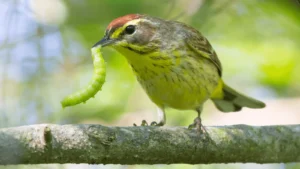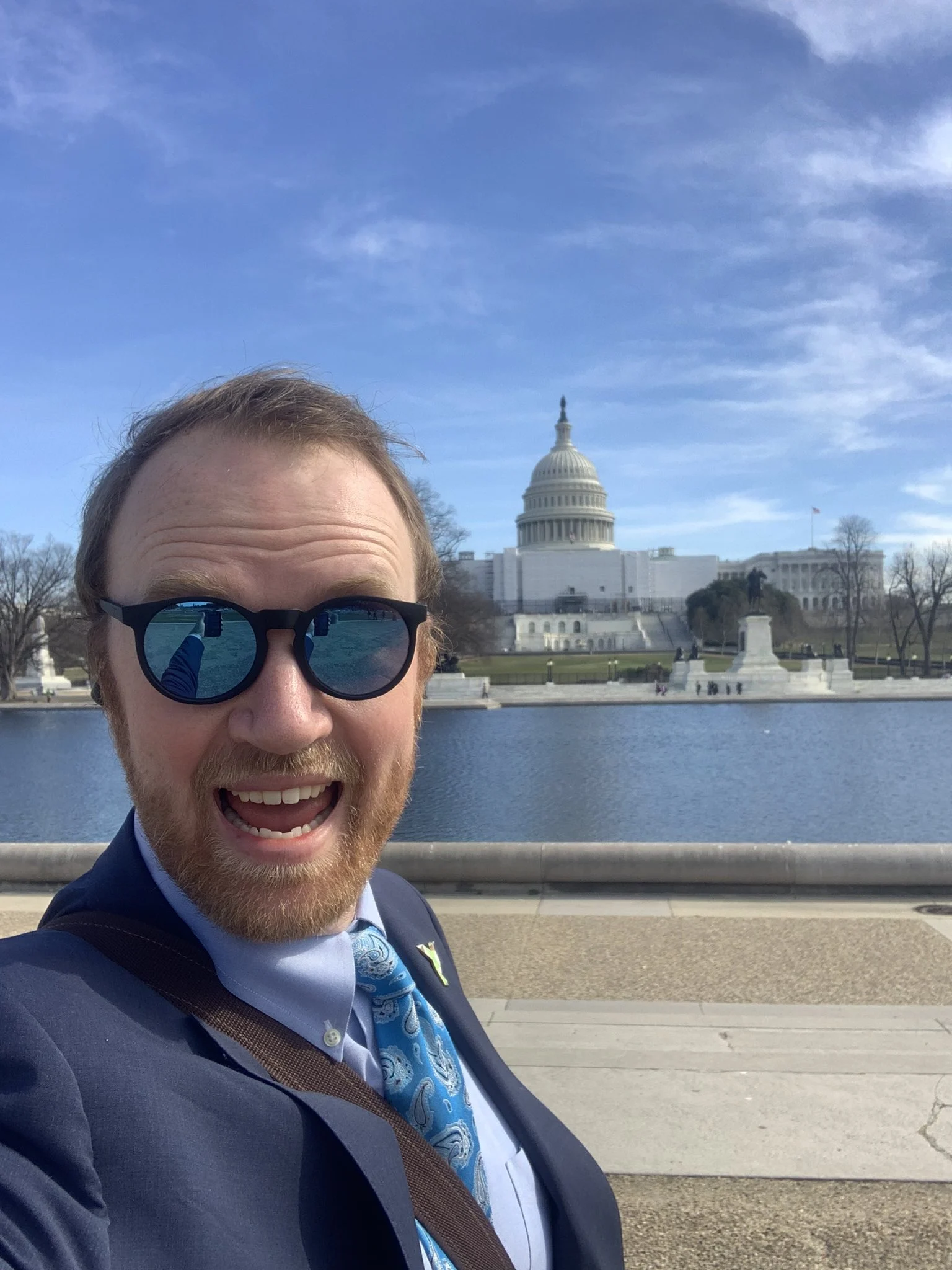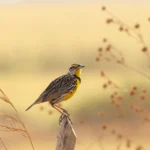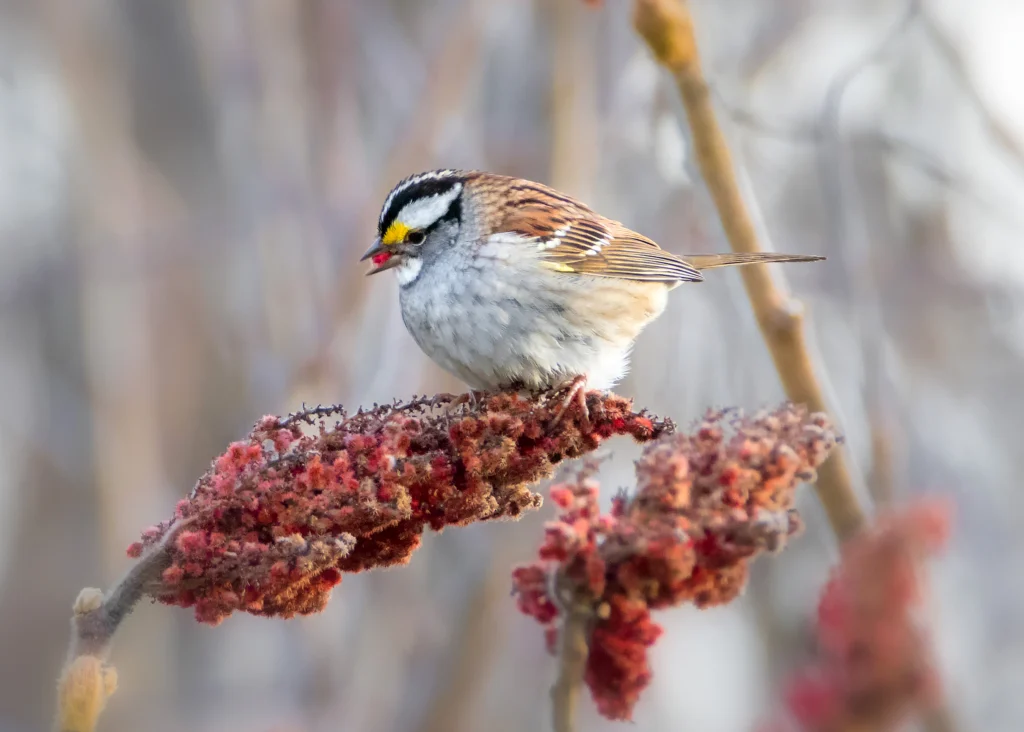Solving the Problem of Pesticides
ABC’s Pesticides and Birds Campaign advocates in all 50 U.S. states and at the federal level for regulatory and legislative solutions to problems caused by pesticides and lead toxicity. We work with partners to research pesticide impacts on birds and other wildlife, design novel programs, engage the public in advocacy and bird-friendly living, and join forces with coalitions, agencies, and lawmakers to advance bird-friendly pesticide policy and protect our most powerful tool for preventing extinction: the Endangered Species Act.
We’ve published groundbreaking studies on the devastating impacts of neonicotinoids (also called “neonics”) on birds and worked with our partners to challenge lax regulations and ensure the passage of neonic-limiting laws in several states.
We’re building a movement to put unnecessary use of toxic pesticides to rest. Together we can work toward a future in which birds, plants, and insects thrive.

















